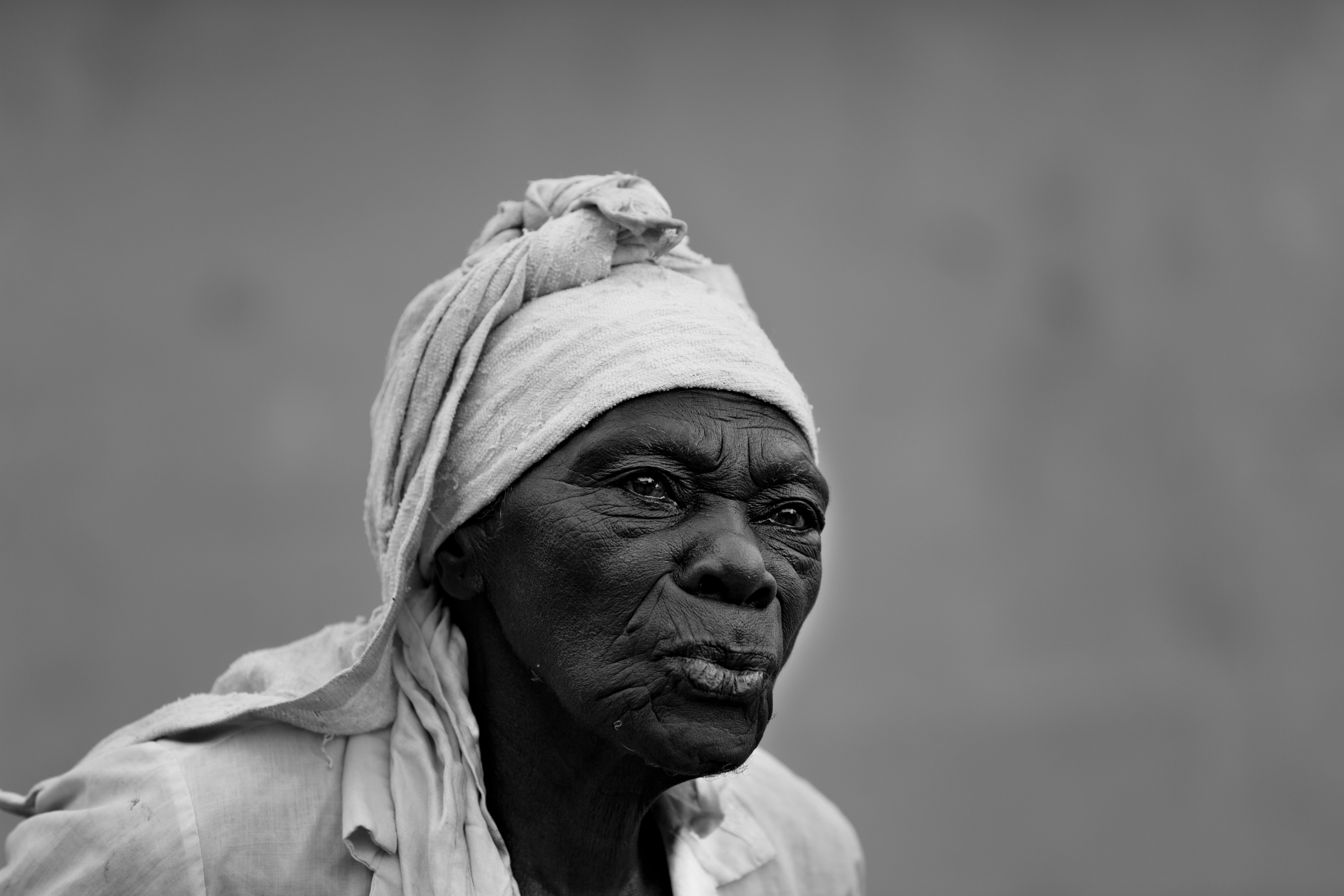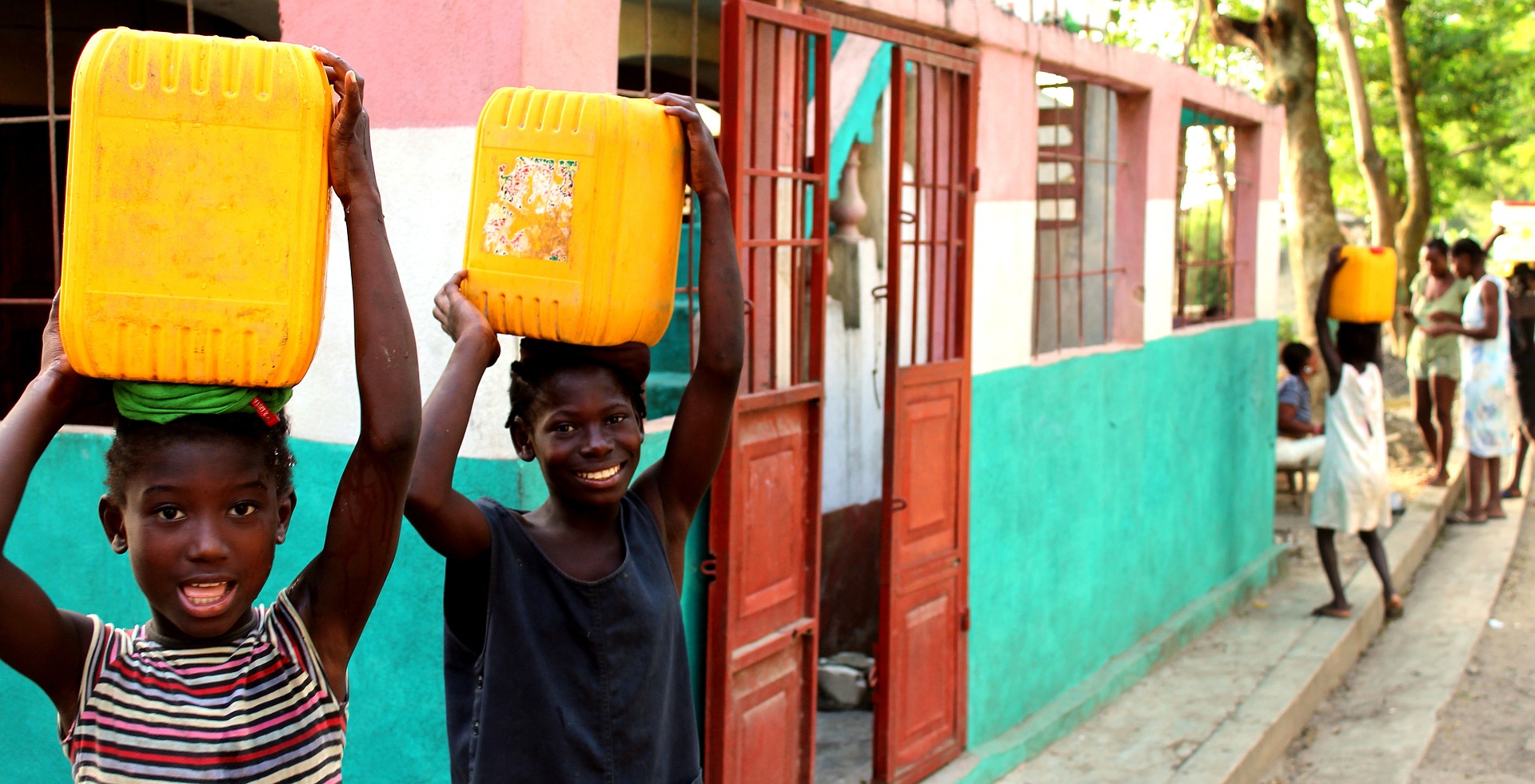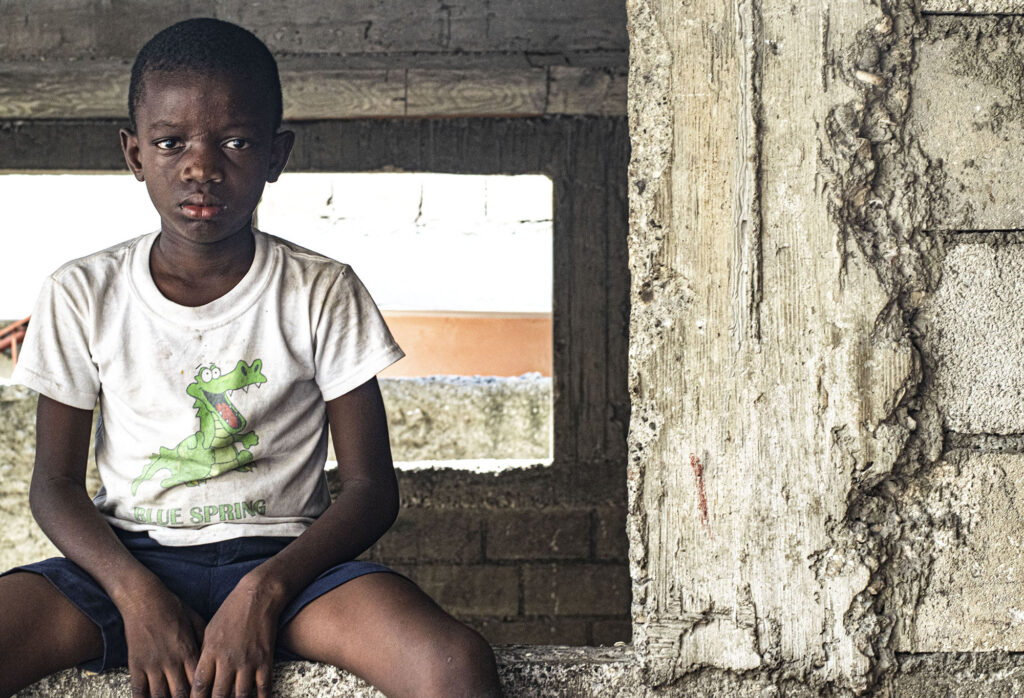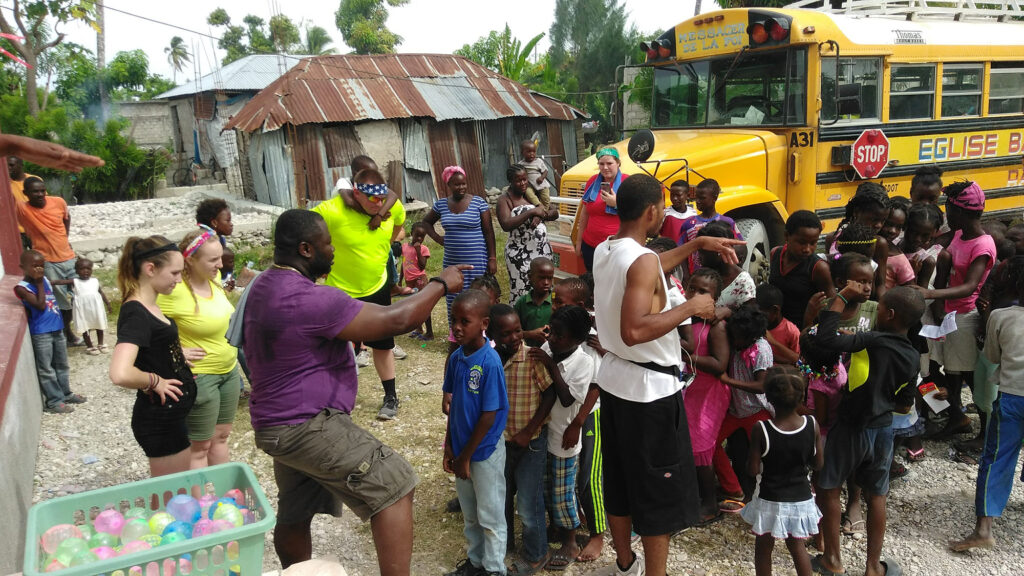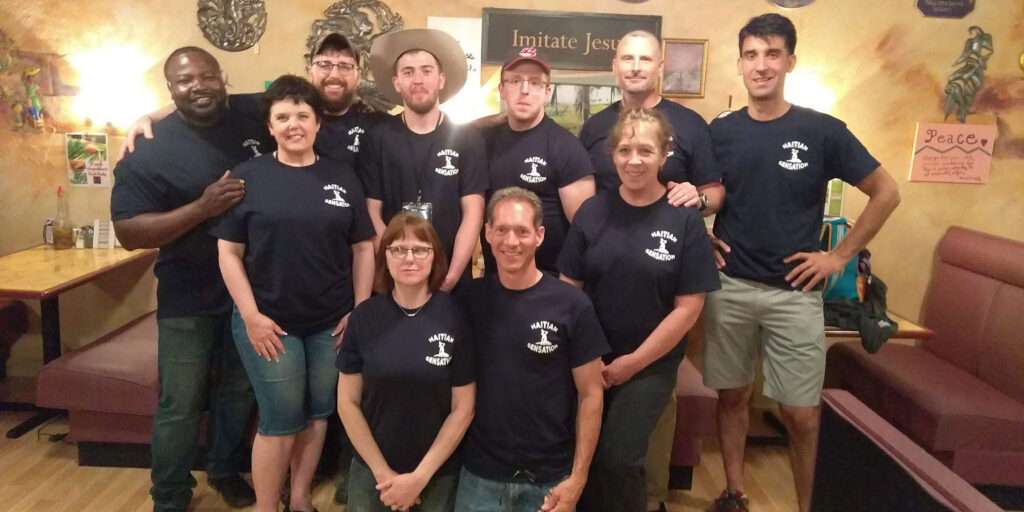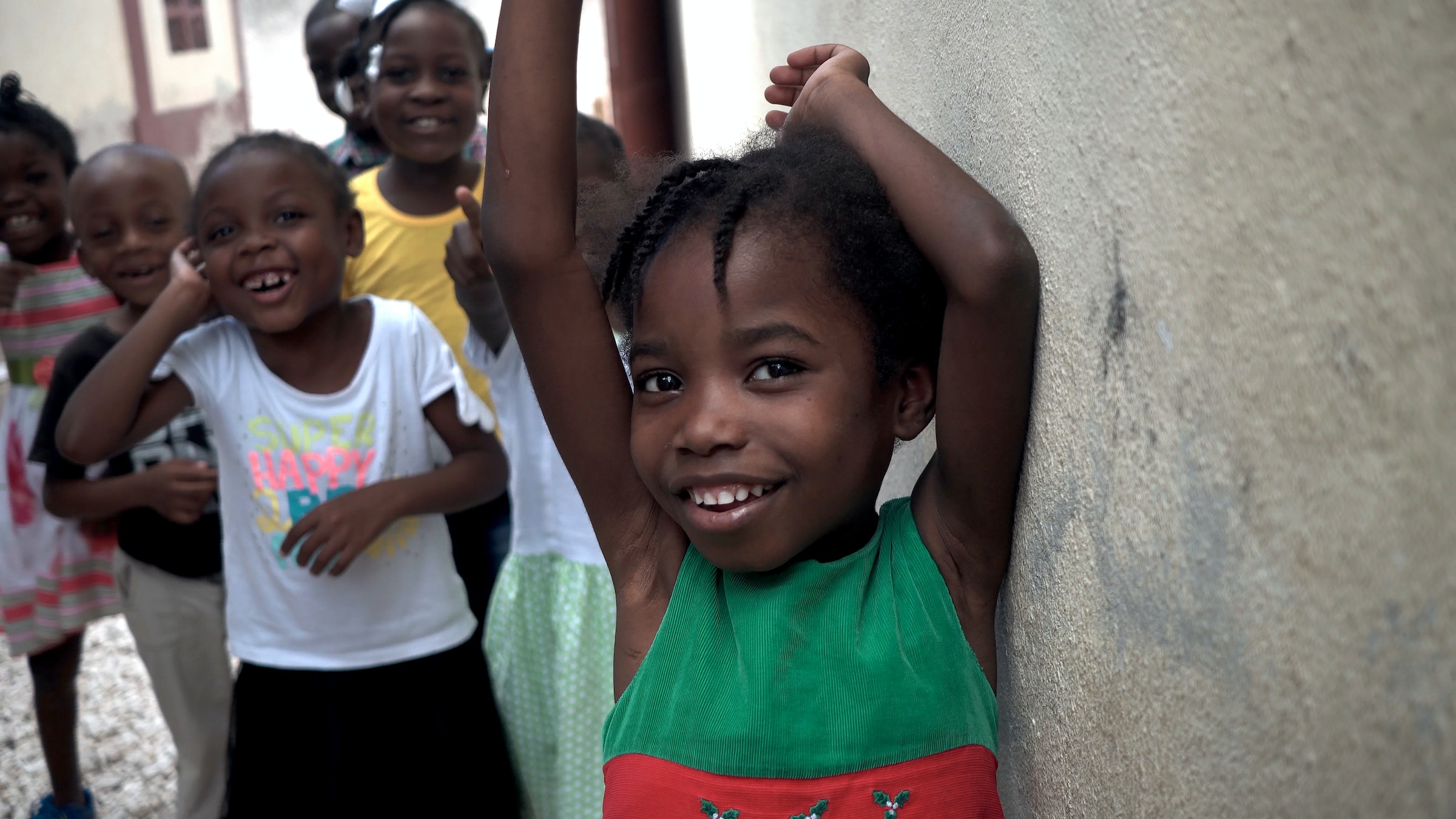Learn Haiti's True Story
Understanding Haiti
The true story of Haiti is one of the world's most glaring omissions in modern history, a narrative many would rather forget, but one that demands to be told.
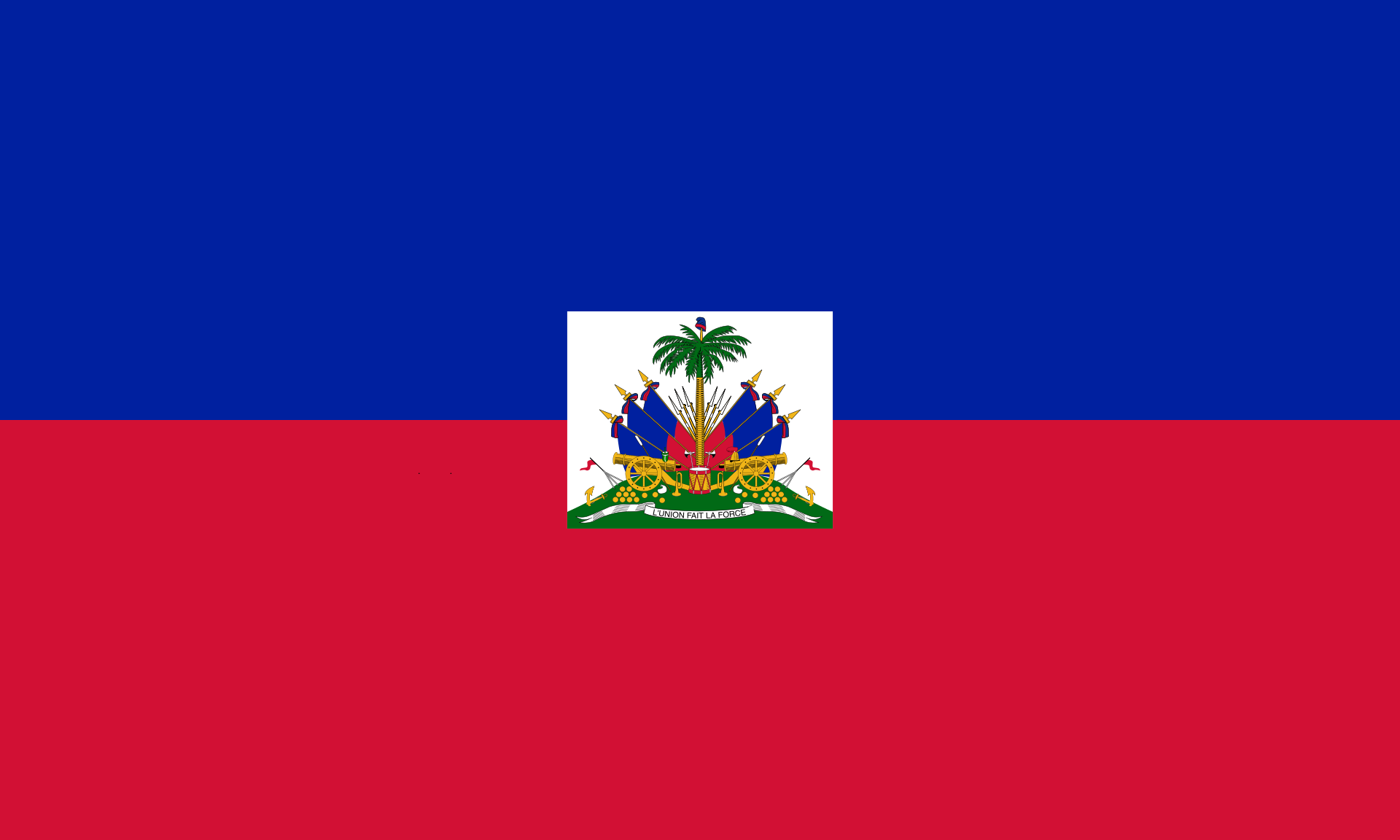
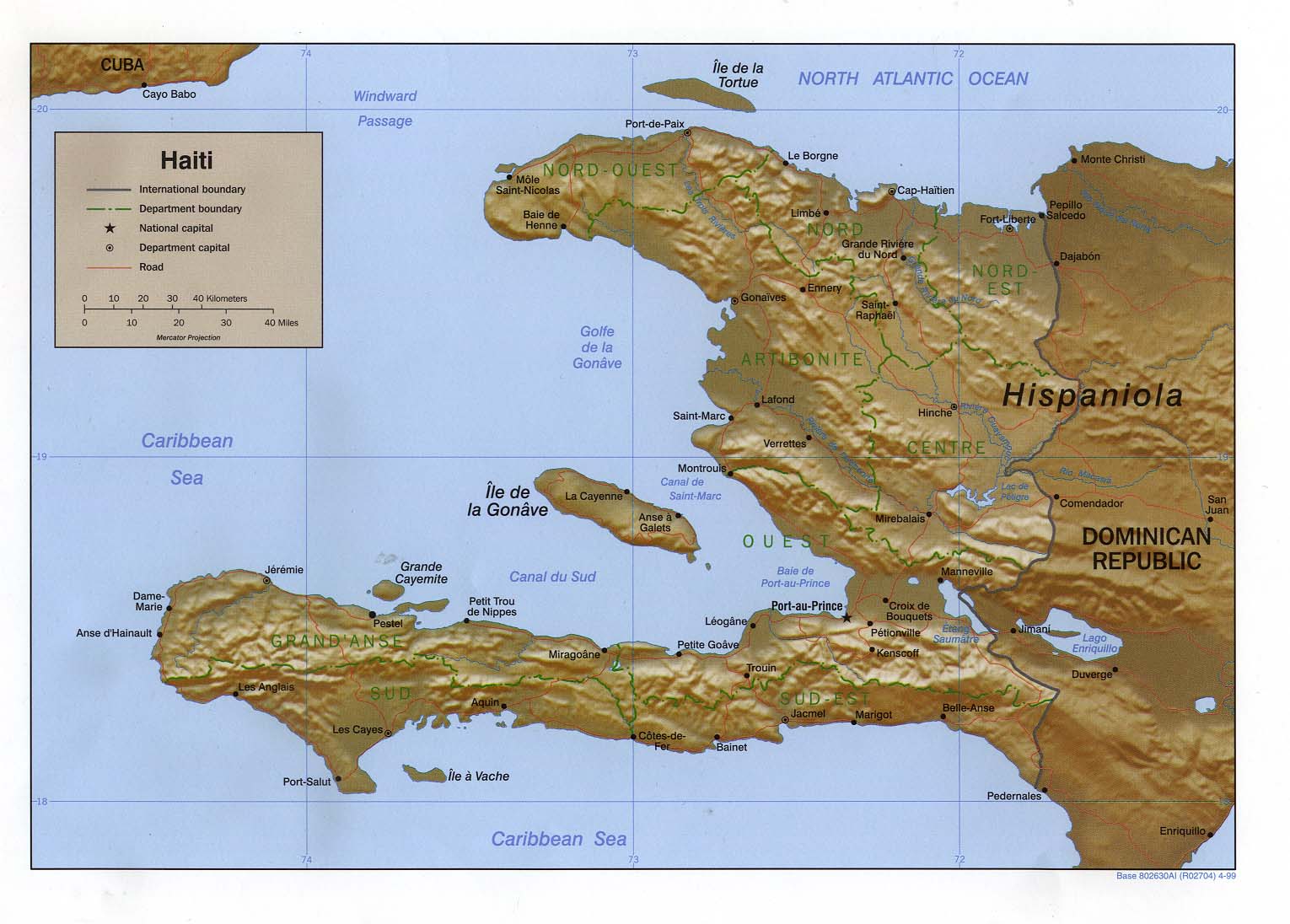
Haiti, nestled within the azure waters of the Caribbean, is far more than its picturesque beaches and vibrant culture. It's history is a tumultuous tapestry woven with the threads of indigenous legacies, brutal colonization, revolutions, and rebirths. A land that bore the weight of chains only to break free and proclaim its sovereignty, Haiti stands as a testament to resilience, defiance, and the indomitable spirit of its people. However, beneath its surface lies a chronicle riddled with pain, suppression, and the echoes of a past many choose to overlook.
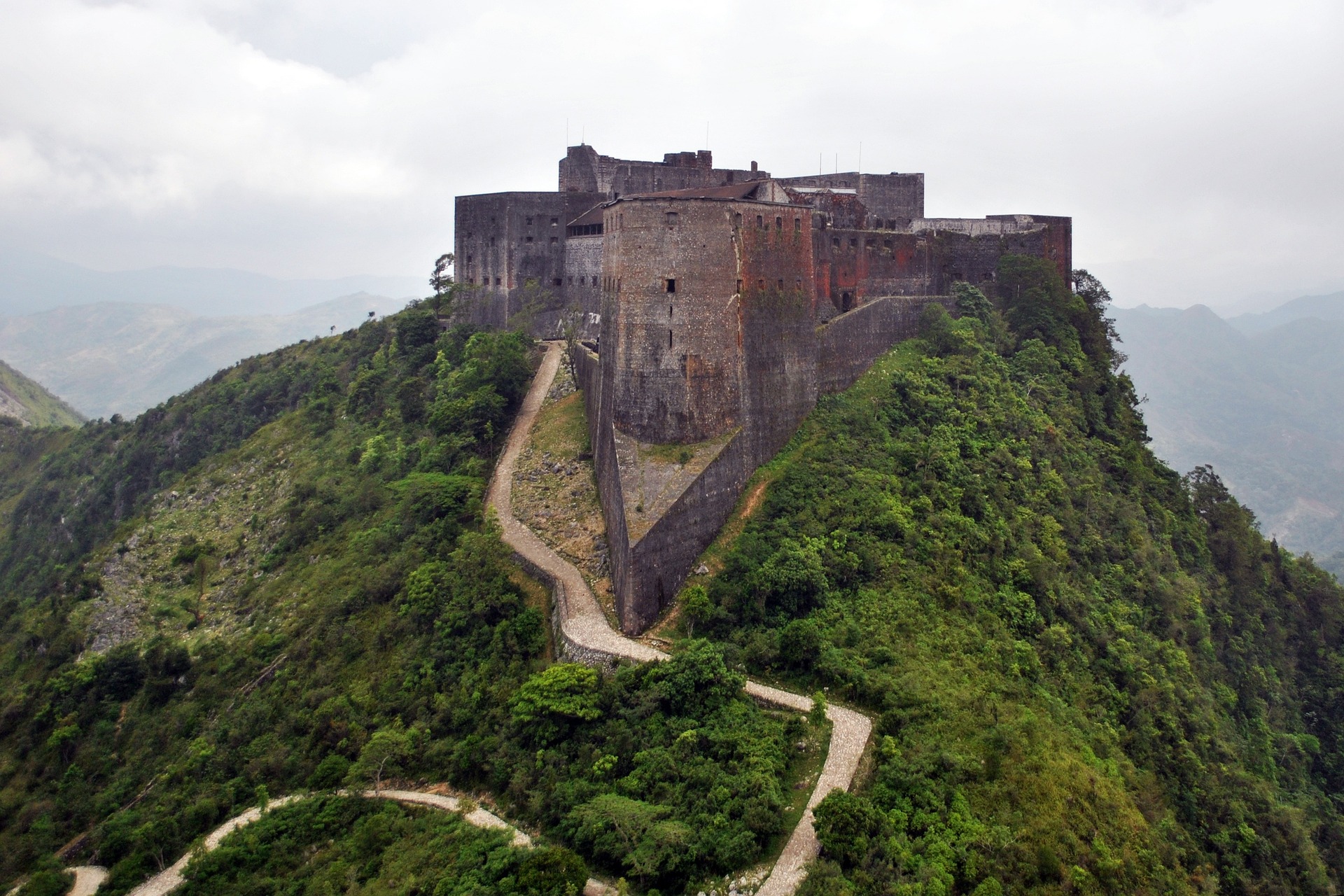
The Shadow of Colonization
The French colonization of Haiti remains a chilling testament to the inhumane extremes of human exploitation. The French subjected enslaved Africans in barbaric treatment, unspeakable torture, and agonizingly long work hours in colonies plantations. Their sadistic methods served dual purposes: maximizing productivity while systematically breaking the spirit of those they enslaved. Death rates on these plantations were staggering, leading to a constant influx of new slaves, thus ensuring a perpetual cycle of suffering and brutality.
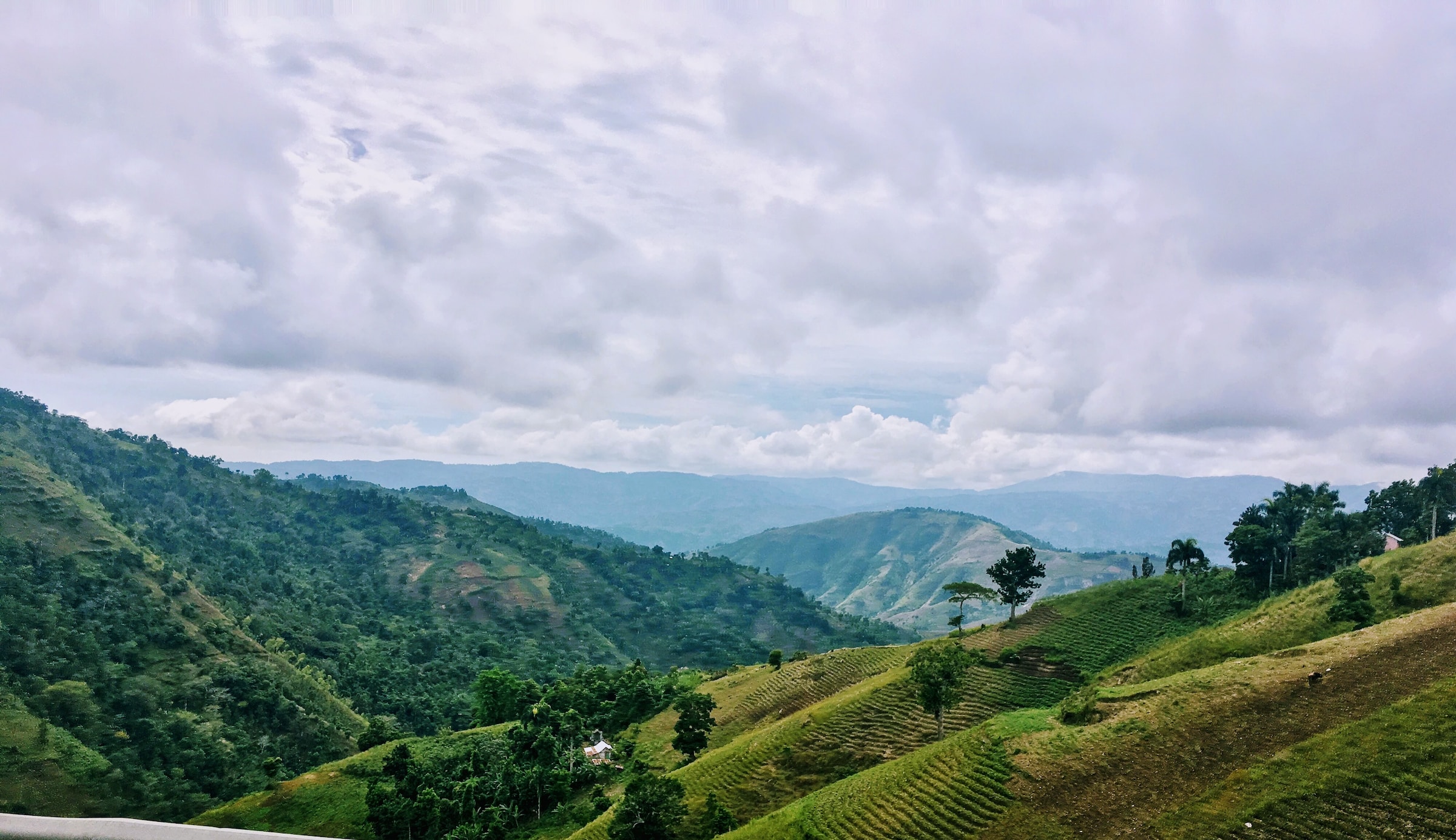
Soil Degradation
The French, fixated on sugarcane and coffee, disrupted Haiti's environmental balance. Their ceaseless cultivation and deforestation led to widespread soil erosion, turning once fertile lands barren and undermining Haiti's agricultural prospects. Today, the shadows of Haiti's soil degradation and deforestation, remnants of France's colonial legacy, linger ominously, continuously hindering its agricultural advancement and jeopardizing food security. Such a haunting past underscores the profound repercussions of colonial exploitation that Haiti grapples with in the present.
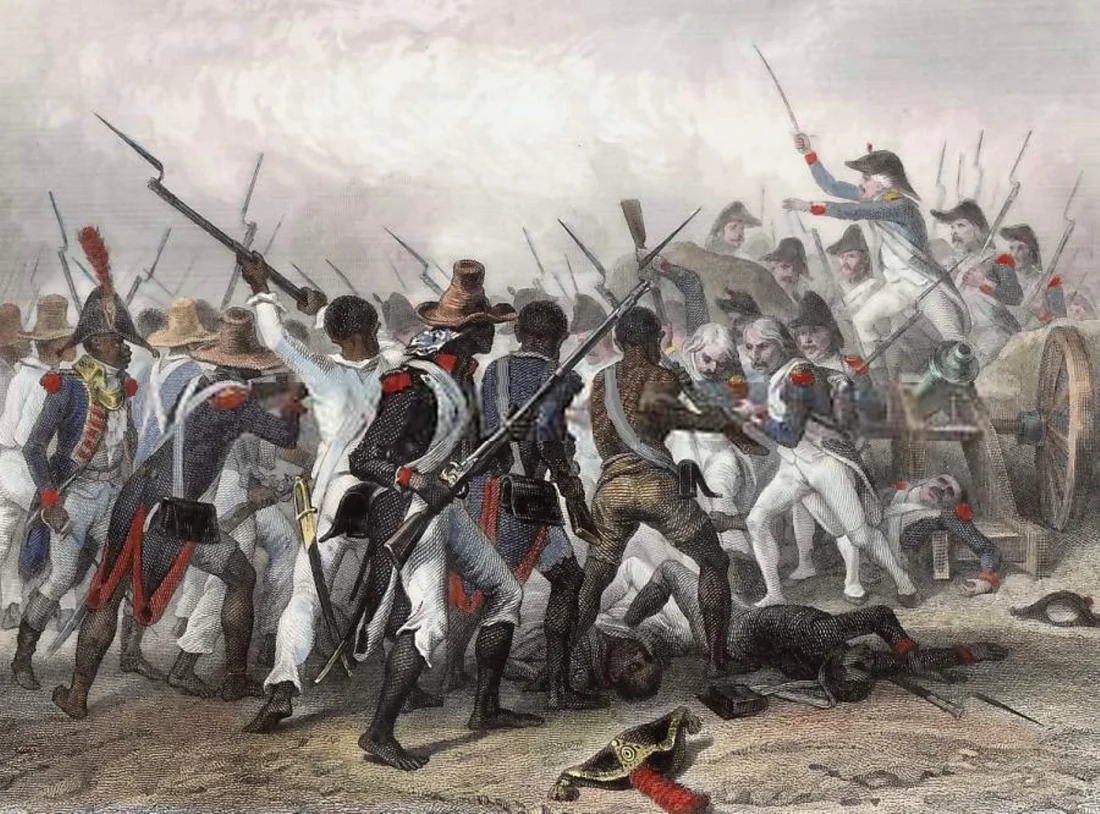
Haiti's Price for Independence
After Haiti gained its independence in 1804, the country faced intense international pressures. By 1825, under threats from France, Haiti conceded to a staggering indemnity of initially 150 million francs, later reduced, as compensation to the French for the loss of slaves and property. This financial obligation burdened Haiti with an immense debt. To service this debt, Haiti had to secure high-interest loans that persisted well into the 20th century. This prolonged financial strain significantly hampered the nation's economic growth and development.
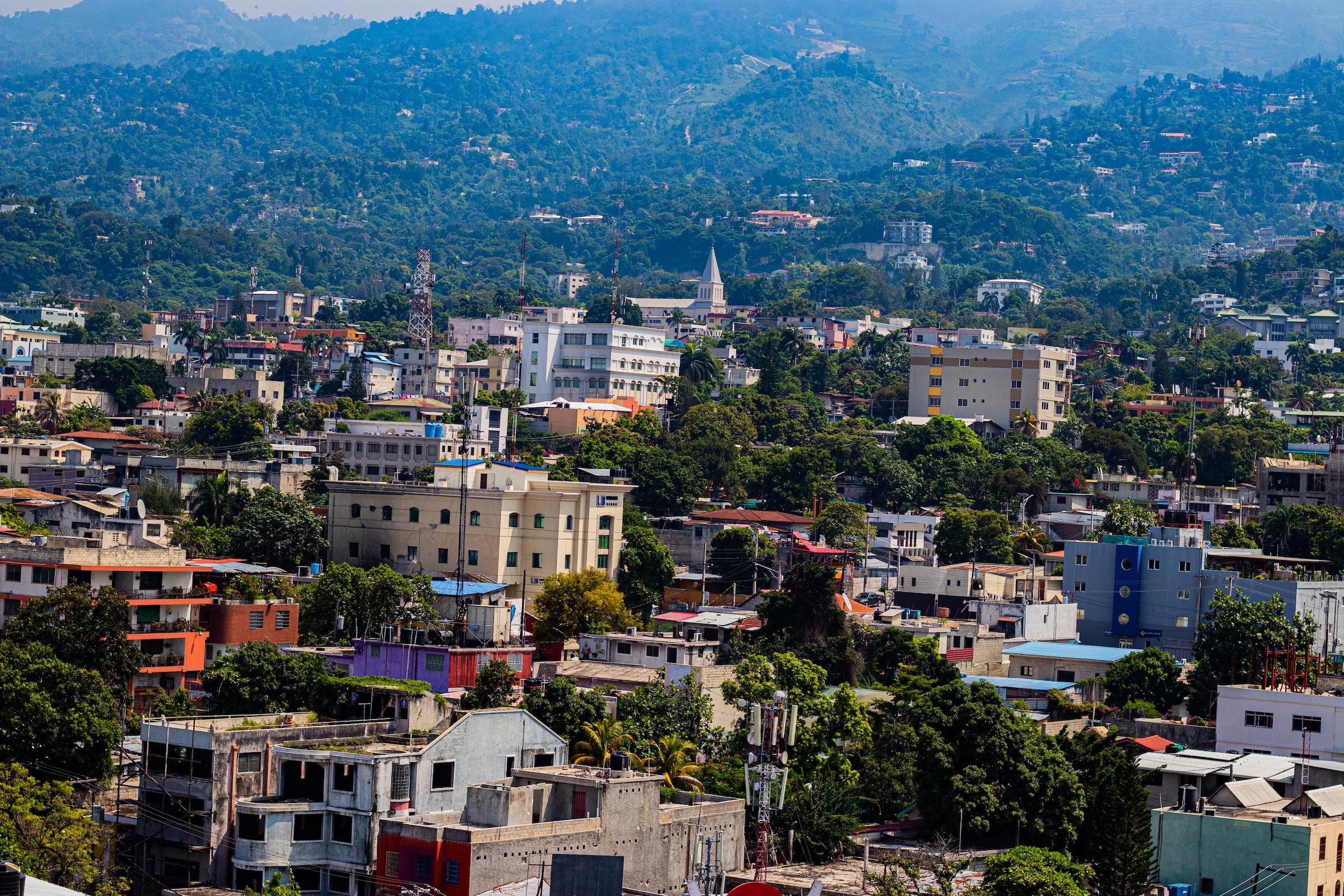
France's Persistent Economic Stranglehold
Even after the debt was settled, France's economic influence over Haiti persisted. The European nation retained significant commercial and economic interests in the region. This neocolonial grip, coupled with internal political instability, hindered Haiti's efforts to develop self-reliant and sustainable economic policies, leaving the nation economically vulnerable.
Understand the full picture of Haiti's poverty
US Occupation
The US occupation of Haiti, spanning from 1915 to 1934, profoundly shaped the nation's political and economic trajectory during the 20th century. Initiated under the guise of stabilizing a tumultuous political climate, the American military control not only undermined Haiti's sovereignty but also left an indelible mark on its socio-economic fabric.
Beneath the pretense of order, the U.S. maneuvered Haiti's fate for its own gain.
During these years, the US wielded significant influence over Haitian policies, favoring American interests and often sidelining the needs and aspirations of the Haitian people. This period, marked by external control and internal resistance, has left lasting reverberations in the nation's quest for autonomy and prosperity.
Read more about the US occupation.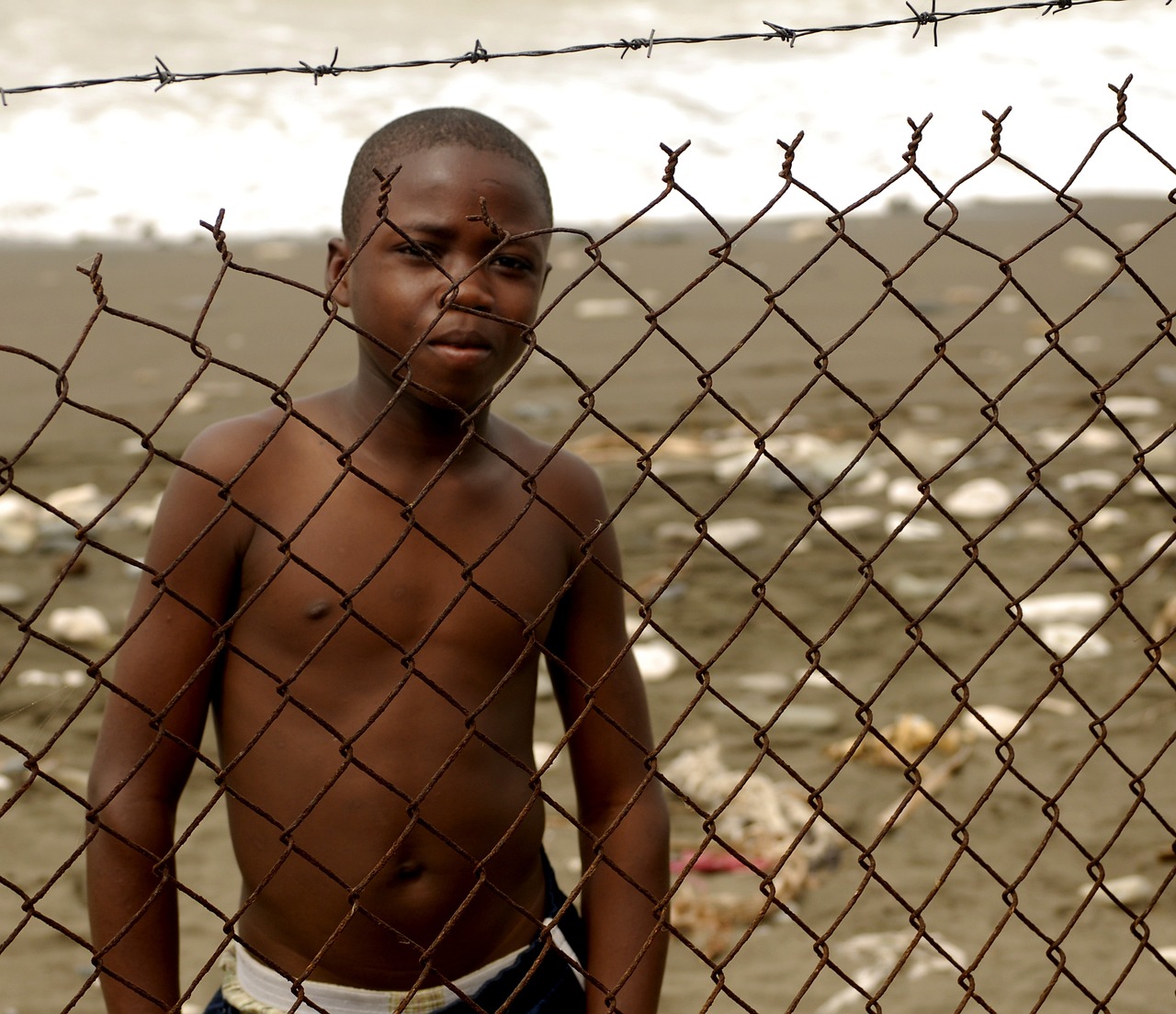
Diplomatic Neglect
Haiti's challenges are also intensified by diplomatic isolation and targeted sanctions. Notably, the palpable disdain from Caribbean neighbors, particularly the Dominican Republic , underscores regional tensions. However, the starkest difference in international treatment is evident in U.S. immigration policies: while Cubans have historically been granted a path to residency , Haitians often face rigorous detention and deportation . Such disparities reveal the biases in global diplomacy, with Haiti bearing the brunt of collective neglect. Such disparities in treatment underscore the selective compassion and biases deeply rooted in international relations, with Haiti often finding itself at the receiving end of the world's neglect and prejudice.
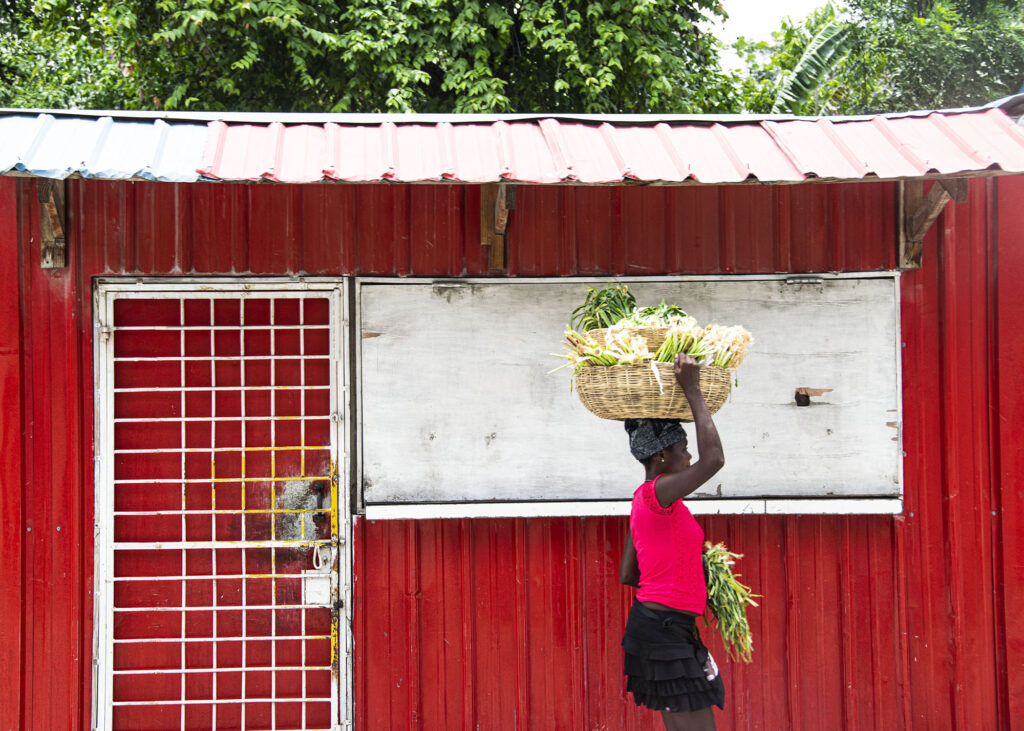
Marginalized in the Marketplace
In the grand theatre of global economics, Haiti has often been relegated to the sidelines. Dominated by powerful economies and overshadowed by larger Caribbean and Latin American markets, the nation has struggled to secure its rightful place. Such systemic oversight isn't merely an abstract misfortune but has tangible repercussions: diminished foreign investments, fewer trade opportunities, and reduced access to global markets.
As world powers navigate trade routes and form economic alliances, Haiti remains an afterthought, stunting its potential for growth and prosperity in the interconnected global economy.
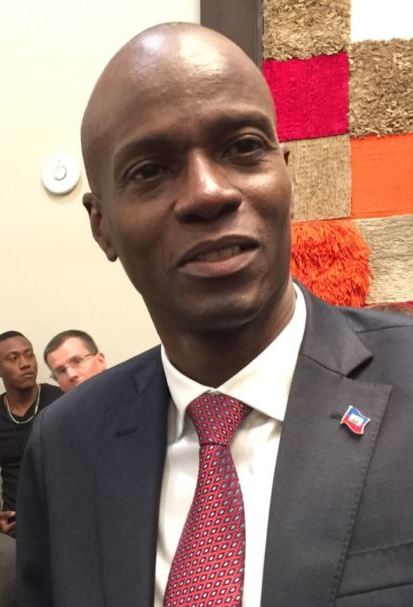
The Weight of a President's Loss
The assassination of President Jovenel Moïse rattled Haiti's already fragile state. Beyond the immediate political fallout, the event deepened feelings of vulnerability and distrust among its citizens. This brazen act rekindled painful memories of past upheavals, reinforcing fears of instability. For many Haitians, it's a stark reminder that security remains a distant dream, further straining their mental and emotional well-being in an environment of perpetual uncertainty.
A Nation Neglected
Haiti's struggles have been a mere footnote in global history and is often overshadowed by larger geopolitical narratives. But for those who dare to look closer, the intricate weave reveals a damning pattern of exploitation, indifference, and betrayal. While nations pride themselves on their advancements and global contributions, few stop to consider the costs borne by countries like Haiti. The world may find it convenient to turn a blind eye, but as the repercussions of past injustices continue to ripple through Haiti's present, the global community's collective conscience must confront the harsh reality it has long chosen to neglect.
Understanding Haiti is to recognize that the world, in many ways, contributed to its litany of problems, yet conveniently turns its back when it's time to extend a hand. It's a tale of global apathy to a nation's cries, where responsibility is evaded and history's wrongs are repeatedly ignored.

Among the myriad challenges Haiti faces, perhaps the most profound is being misunderstood. The nuances of its history, the resilience of its people, and the vast potential of its future are often overshadowed by simplified narratives. To truly support Haiti is to take the time to understand its complexities, embrace its culture, and advocate for its rightful place in the global community. Only then can we move beyond mere sympathy to meaningful solidarity and action.
We encourage you to learn more about the impact of the 2010 earthquake . Find out how even the smallest of donations can go a long way in ensuring Haitian children receive a valuable education , or how a single well can provide a community with clean water.
Together, we can shed light on Haiti's truths and champion its resurgence. Support our mission and make a difference today.
